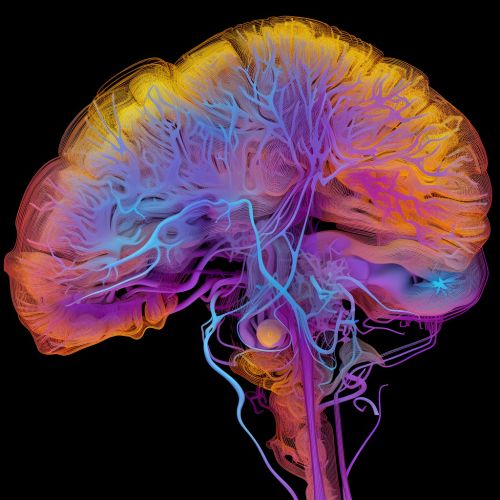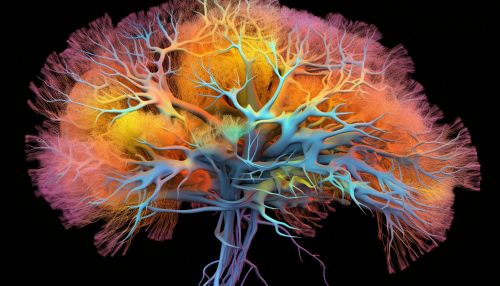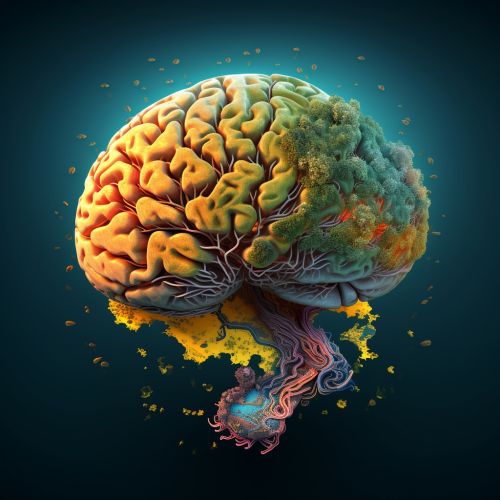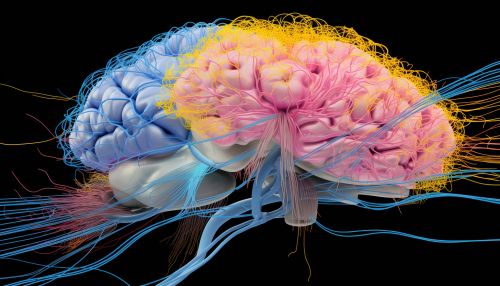The Science of Human Cognitive Neuropsychology
Introduction
Human cognitive neuropsychology is a branch of psychology that aims to understand the nature of cognitive processes through the study of brain-damaged patients. The discipline is primarily concerned with the effects of neurological damage on cognition and behavior, and uses this information to infer the underlying mechanisms that control these processes in the intact brain.


Historical Background
The field of human cognitive neuropsychology has its roots in the 19th century, when physicians such as Paul Pierre Broca and Carl Ludwig Wernicke began to link specific cognitive deficits to localized brain damage. This early work laid the foundation for the modern discipline, which has expanded to incorporate a wide range of cognitive functions and neurological conditions.
Cognitive Functions and the Brain
Cognitive neuropsychologists study a variety of cognitive functions, including perception, attention, memory, language, and executive functions. Each of these functions is associated with specific regions or networks within the brain, and damage to these areas can result in characteristic cognitive deficits.


Perception
Perception refers to the process by which we interpret sensory information to understand our environment. This involves a range of sub-processes, including the detection and discrimination of sensory stimuli, the integration of sensory information across different modalities, and the construction of coherent perceptual representations. Damage to the sensory areas of the brain can lead to perceptual disorders such as agnosia and prosopagnosia.
Attention
Attention is the cognitive process that allows us to focus on specific aspects of our environment while ignoring others. It involves a network of brain regions including the frontal and parietal lobes. Damage to these areas can result in attentional disorders such as hemispatial neglect and Balint's syndrome.
Memory
Memory is the process by which information is encoded, stored, and retrieved. It is associated with a network of brain regions including the hippocampus and surrounding medial temporal lobe structures. Damage to these areas can lead to memory disorders such as amnesia.


Language
Language is a complex cognitive function that involves a network of brain regions known as the language network. This includes Broca's area, which is involved in speech production, and Wernicke's area, which is involved in language comprehension. Damage to these areas can result in language disorders such as aphasia.
Executive Functions
Executive functions are a set of cognitive processes that are necessary for the cognitive control of behavior. They include processes such as planning, working memory, attention, problem solving, verbal reasoning, inhibition, mental flexibility, task switching, and the initiation and monitoring of action. Damage to the frontal lobes can lead to executive function disorders such as dysexecutive syndrome.
Methodologies in Cognitive Neuropsychology
Cognitive neuropsychologists use a variety of methodologies to study the relationship between brain and behavior. These include neuropsychological testing, neuroimaging techniques such as MRI and PET, and the study of patients with brain damage.


Challenges and Criticisms
Despite its successes, cognitive neuropsychology has faced a number of challenges and criticisms. These include the difficulty of inferring cognitive processes from behavior, the reliance on single-case studies, and the assumption that the brain is modular and that cognitive functions can be neatly mapped onto specific brain regions.
Conclusion
Human cognitive neuropsychology provides a valuable framework for understanding the relationship between brain and behavior. By studying the effects of brain damage on cognition, cognitive neuropsychologists are able to infer the underlying mechanisms that control cognitive processes in the intact brain.
